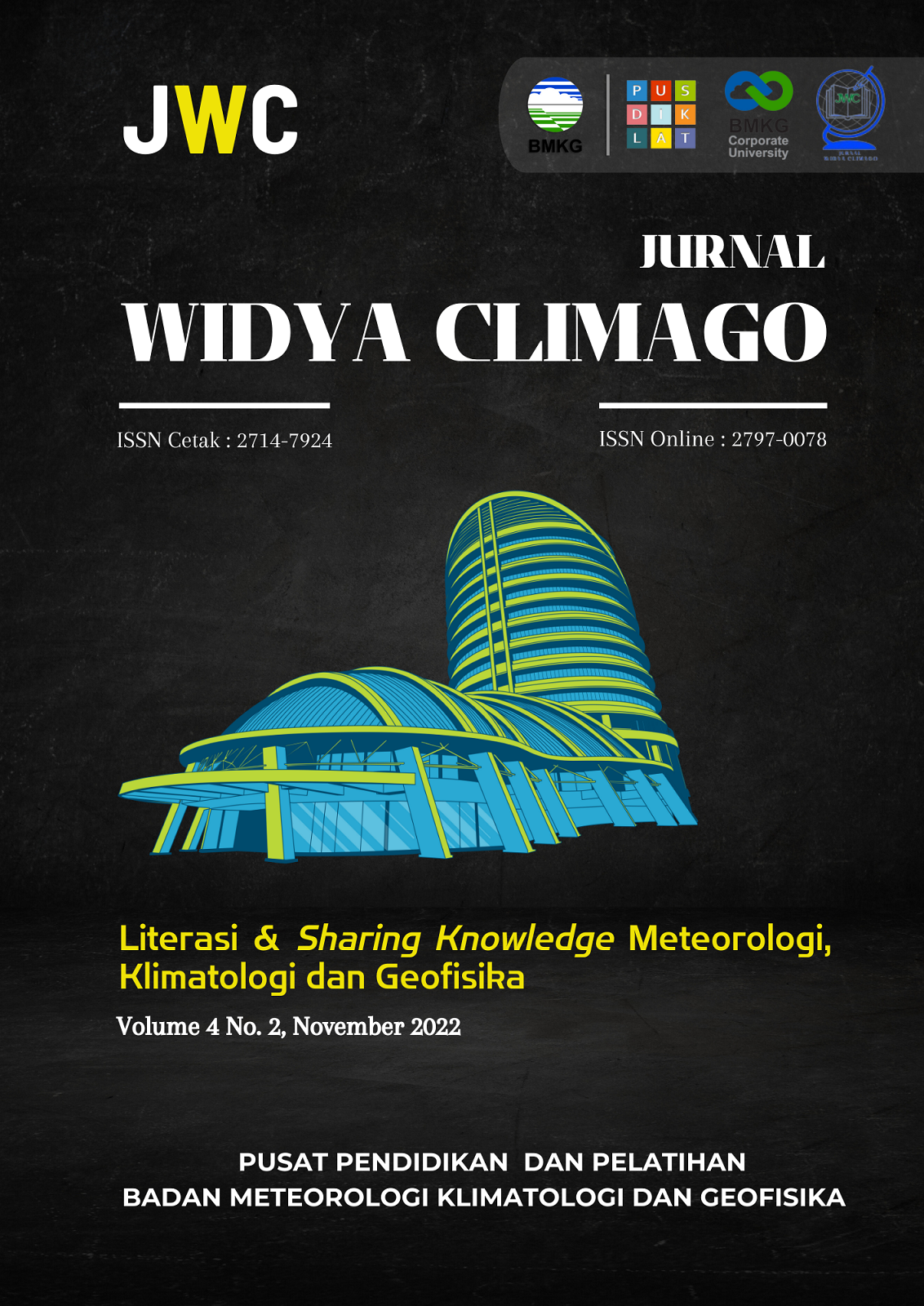Isi Artikel Utama
Abstrak
This study delves into the underexplored realm of Gap Analysis of Government Performance Accountability
(GPA) within policy implementation, focusing on the Indonesian Meteorology, Climatology, and Geophysics
Agency (BMKG). The aim is to bolster the transition towards renewable energy. Optimizing the performance of
public agencies in delivering meteorological information proves pivotal for several reasons. It facilitates Data-
Driven Decision-Making, streamlines Resource Allocation, mitigates Risks, fosters Stakeholder Engagement, and
ultimately, fine-tunes Energy Production and reduces Environmental Impact. This article underscores the critical
role of meteorological data in propelling Indonesia's renewable energy sector forward. While highlighting
BMKG's pivotal role in this transition, it also addresses persisting challenges and gaps that necessitate attention.
The research recommends addressing infrastructure limitations, enacting supportive regulations, promoting
stakeholder involvement, and augmenting capacity for a more effective transition. Employing Creswell's spiral
analysis approach and NVIVO12 software, the study advocates for an upgrade from conventional to thematic
weather information, particularly vital for State-owned Enterprises (SOEs) like the State Electricity Company
(PLN) venturing into water and solar energy resources.
Kata Kunci
Rincian Artikel

Artikel ini berlisensi Creative Commons Attribution-NonCommercial 4.0 International License.
